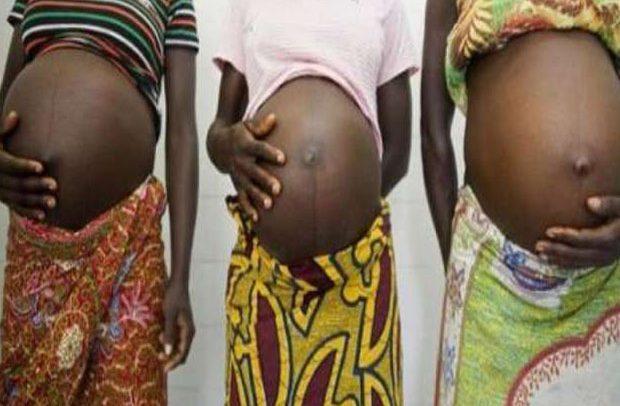Forty-Nine institutional maternal deaths have been recorded from January to May this year in the Eastern Region.
The current rate paints a gloomy forecast of a sharp rise this year defeating marginal gains made in reducing the menace last year.
In 2017, a total of 109 maternal deaths were recorded in the Region.
The Regional Health Directorate of Ghana Health Service announced this at the launch of “Zero Tolerance for maternal deaths” under the theme: “Stop Preventable Maternal Deaths and Disability event”.
The initiative has become necessary following a rise in maternal deaths this year.
However, the incidence of deaths was reduced to 89 in 2021.
The 49 maternal deaths recorded in the first quarter of this year are therefore worrying.
The Eastern Regional Health Director Dr. Winfred Ofosu said many of the maternal deaths were preventable.
According to him, issues such as shortage of blood at blood banks in various health facilities, delay in transporting and referring pregnant women in labour and with complications to hospitals, poor eating habits of young girls, unsafe abortion even among married women, and inefficiency in some health facilities.
“Last year it came down to 89 deaths in terms of real numbers, as at now we have already recorded 49 deaths and so that is pretty high because we have not even completed halfway down the year, so it’s alarming and every single maternal death is alarming”.
‘It may be a mother and if she is not there it means that the children will become orphans and who will take care of these children, the husband would have lost the wife, the parents would have lost the daughter and if you look at the implications on the family, the community, the region and even the country as a whole is enormous when we lose even just one woman so is pretty high for us”, the Regional Health Director said.
Maternal complications which result in deaths have also been linked to a high disability rate among women.
Dr Ofosu explained that “For every one maternal death, the statistic shows that we have about 15 more who might have various forms of disabilities”.
“So if you take the number of maternal deaths and you multiply you will see how many of the women have suffered as a result of pregnancy and childbirth,” said Dr. Winfred Ofosu.
The Regional Deputy Director of Nursing Service, Doris Darkoa Mantey bemoaned that many pregnant women fail to attend antenatal care rather than prefer attending prayer camps and herbal centers for herbal concoctions.
According to her, the “Zero tolerance for maternal deaths” is a new commitment by the Regional Health Directorate to significantly reduce the high rate of these preventable maternal deaths and associated maternal disabilities through effective collaboration of all stakeholders.
– BY Daniel Bampoe


